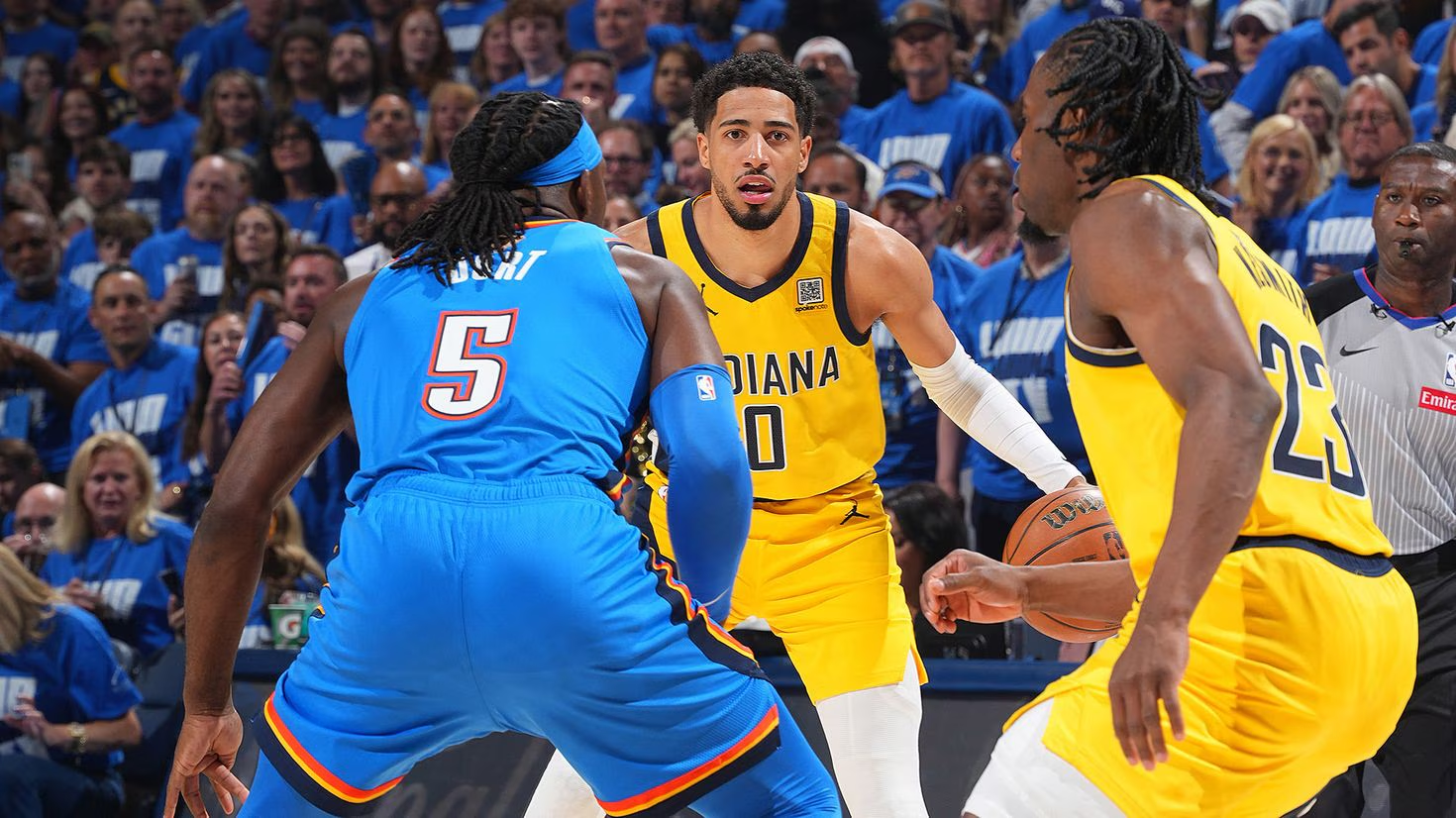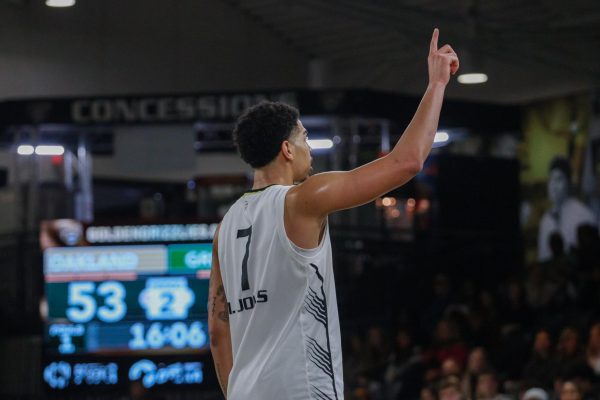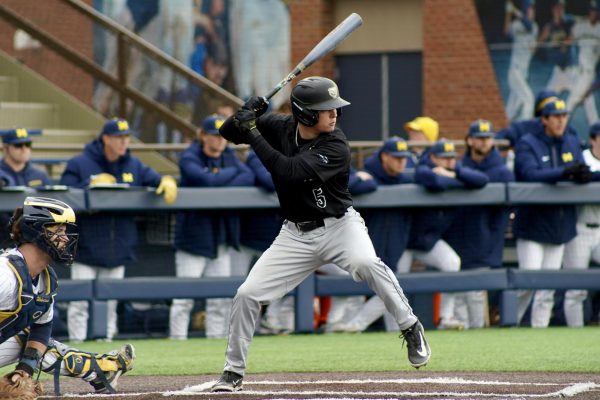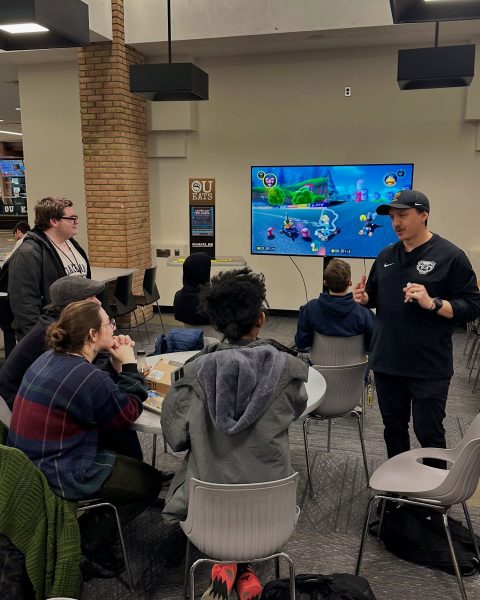Internal decisions lead to Pistons’ struggles
Five months from now, the Detroit Pistons will celebrate the seventh anniversary of their 2004 NBA title victory over the Los Angeles Lakers.
It sure seems like more than seven years ago.
It pains me to have to write this column, as I’ve been a Pistons fan since the days of the Bad Boys era. I’ve enjoyed and suffered through the best and worst years in team history, from NBA titles to the unfortunate teal and burgundy jersey experiment.
After the death of longtime owner Bill Davidson, the team was left with an apathetic owner seeking to sell the team in a hurry.
Making matters worse were a combination of failed trades and questionable free agent signings.
The Pistons have devolved from a well-oiled machine of a franchise into the hollow shell of one.
The worst part about the fall of the Pistons empire? It’s completely self-inflicted.
Joe Dumars, the team’s once-untouchable president and general manager, has seen his seat get increasingly warmer over the past few years, especially on the heels of personnel moves that have led to uncertainty and embarrassment for the franchise.
In what now seems like an eternity ago, the Pistons were regularly one of the biggest draws in the league, routinely drawing sellout crowds. Four straight seasons of sellout crowds, in fact.
These days, you won’t hear MVP chants reverberate through the Palace of Auburn Hills unless the names Kobe Bryant, LeBron James or Dwight Howard are
announced.
Perhaps the biggest sign of fan discontent came at last week’s home game against Charlotte. Despite giving away free tickets, only 14,376 fans showed up, roughly 6,000 less fans than capacity for the Palace. Free tickets went unclaimed.
The disappointing turnout may have been related to the recent snow storm, but in truth, it has more to do with the dark storm clouds hovering over the franchise. Things are looking pretty bleak these days.
The never-ending saga of the Richard Hamilton estrangement rightly drew league-wide criticism as he was kept out of the lineup. The situation escalated to the point of a poisonous relationship between the once-beloved all-star and team management.
Efforts to trade Hamilton have been lackluster, leaving both parties disgruntled and unwilling to waver from their convictions.
Pistons players have had problems with coaches in the past (see Rick Carlisle, Larry Brown, Flip Saunders and Michael Curry). Whether it was because of playing time or utilization of skills on the court, no one seemed to ever be content playing for these guys.
It’s been a vicious cycle of mismanagement and discontent, and there’s seemingly no end in sight.
When the team was winning, these types of volatile relationships were carefully sidestepped and swept under the rug.
The Pistons won an average of 55 games from 2002-03 to 2007-08, including two trips to the NBA Finals and six consecutive Eastern Conference Finals.
Karen Davidson, the widow of Bill Davidson, has seen the team’s valuation plummet in recent months as several major buyers have stepped up and subsequently backed out of the provided 30-day bargaining windows for purchasing the team.
Even millionaire businessman Mike Ilitch, who has never been shy about throwing his money around, balked at the prospect of buying the team. He contested the asking price when it was determined that the team’s worth was overinflated.
In July 2010, Forbes Magazine published its annual team value rankings, in which the Pistons fell precipitously. Only the Cavaliers, now without LeBron James, saw their value plummet more than Detroit in a year’s time.
With each passing day the team goes unsold, the further the value depletes.
Davidson needs to recognize the declining worth of her husband’s formerly great franchise, face reality and sell the team.
Decisions made by management have left the franchise in turmoil, casting doubt over the team’s future relevance in the NBA.
Right now, everyone comes up a loser, and fans deserve better.






